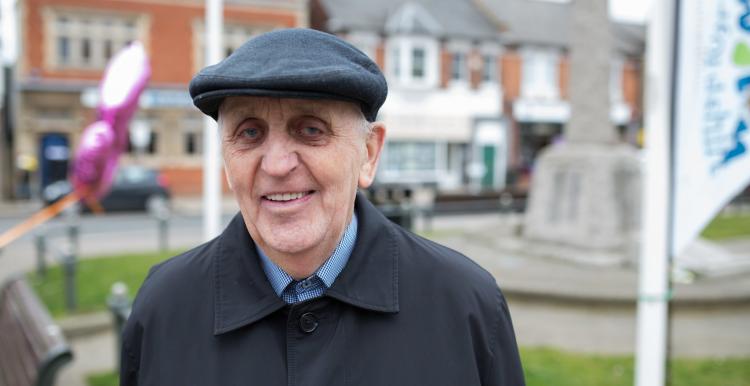Thinking about end of life care for you and your family

End of life care should help you to live as well as possible until you die and to die with dignity. It includes palliative care so if you have an illness that can't be cured, palliative care makes you as comfortable as possible, by managing your pain and other distressing symptoms.
The guidance on the NHS website provides you with information on what you can expect, the support available, and how to plan ahead.
What you can expect from end of life care
There are a number of things to think about when planning end of life care that makes an already stressful situation, even harder.
Those that provide your care should ask you about your wishes and preferences, and take these into account as they work with you to plan your care. They should also support your family, carers or other people who are important to you.
Three key things to think about
- Coping financially
Ask your GP, hospital doctor or nurse to refer you to a hospital social worker or community social worker to help with your finances. As well as that, you can check if you are eligible for any benefits, or perhaps there are certain charities that can help.
Find out more - How you want to be cared for
Looking after your health and wellbeing is important when you're living with a terminal (life-limiting) condition. Take a look at the advice and information to help you cope with terminal illness and managing pain and stress.
Find out more - Where you want to be cared for
The palliative team will organise your care according to what you want. You can receive end of life care at home, in a care home, in a hospital, in a hospice.
Find out more
Planning ahead
Planning ahead can help you let people know your wishes and feelings while you're still able to.
This topic can be hard to think about, but by discussing your wishes with your family, you could be saving them from having to help doctors make difficult decisions later on without knowing what you would have wanted.